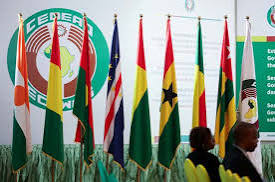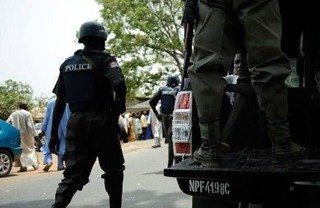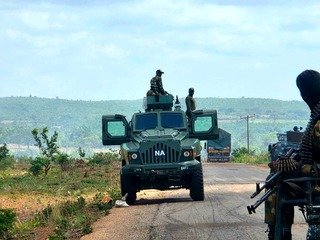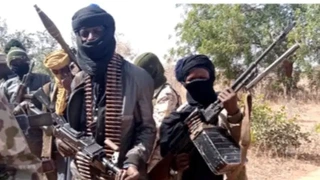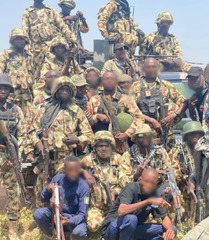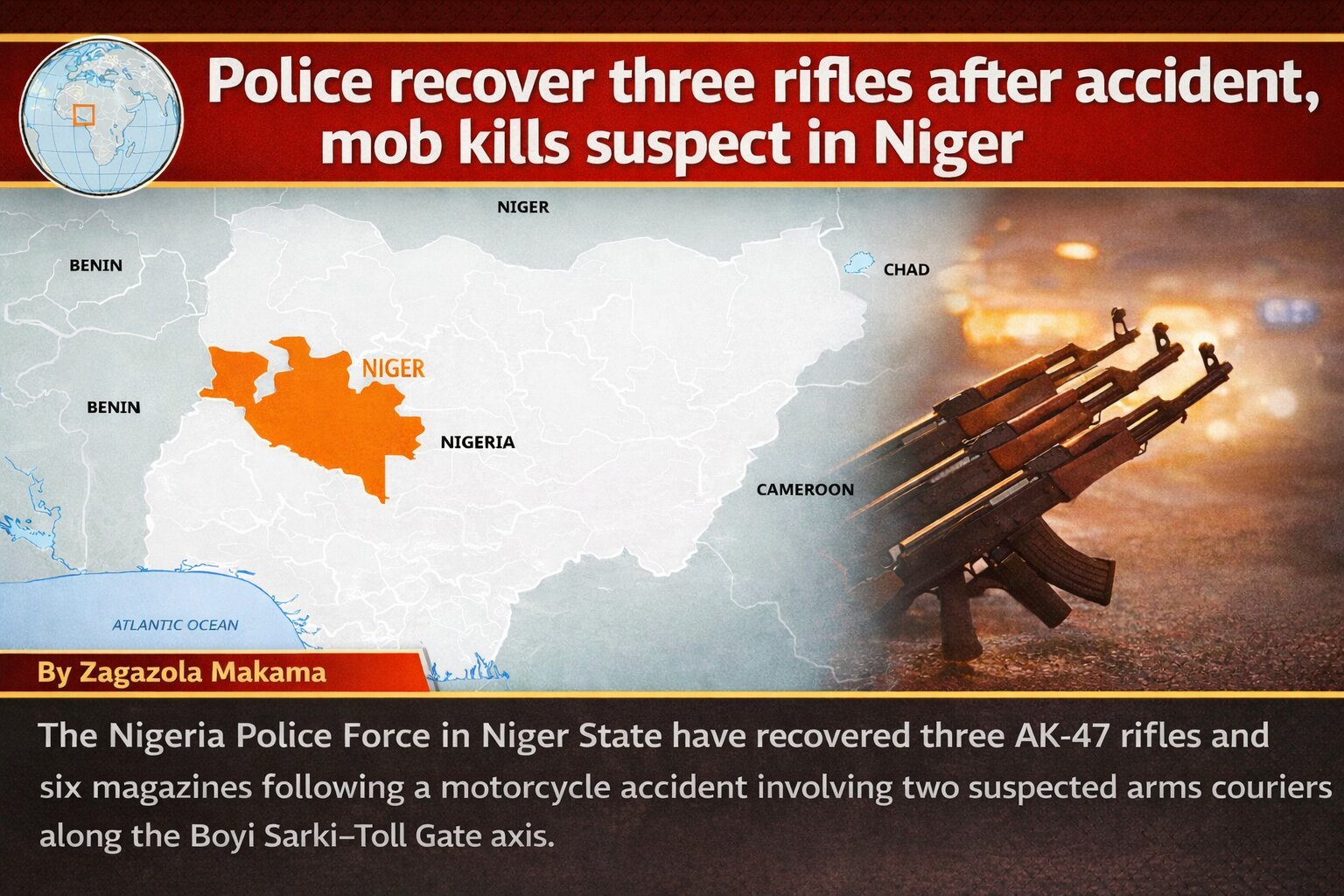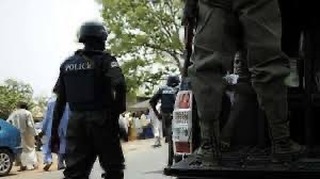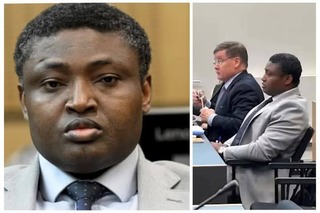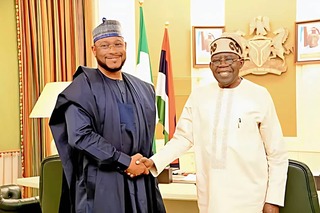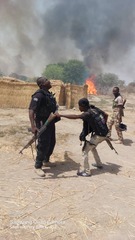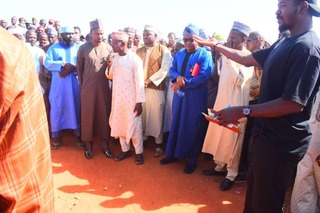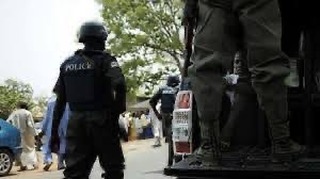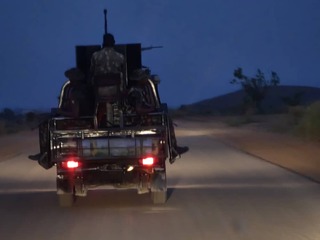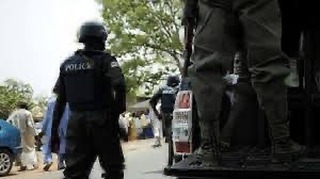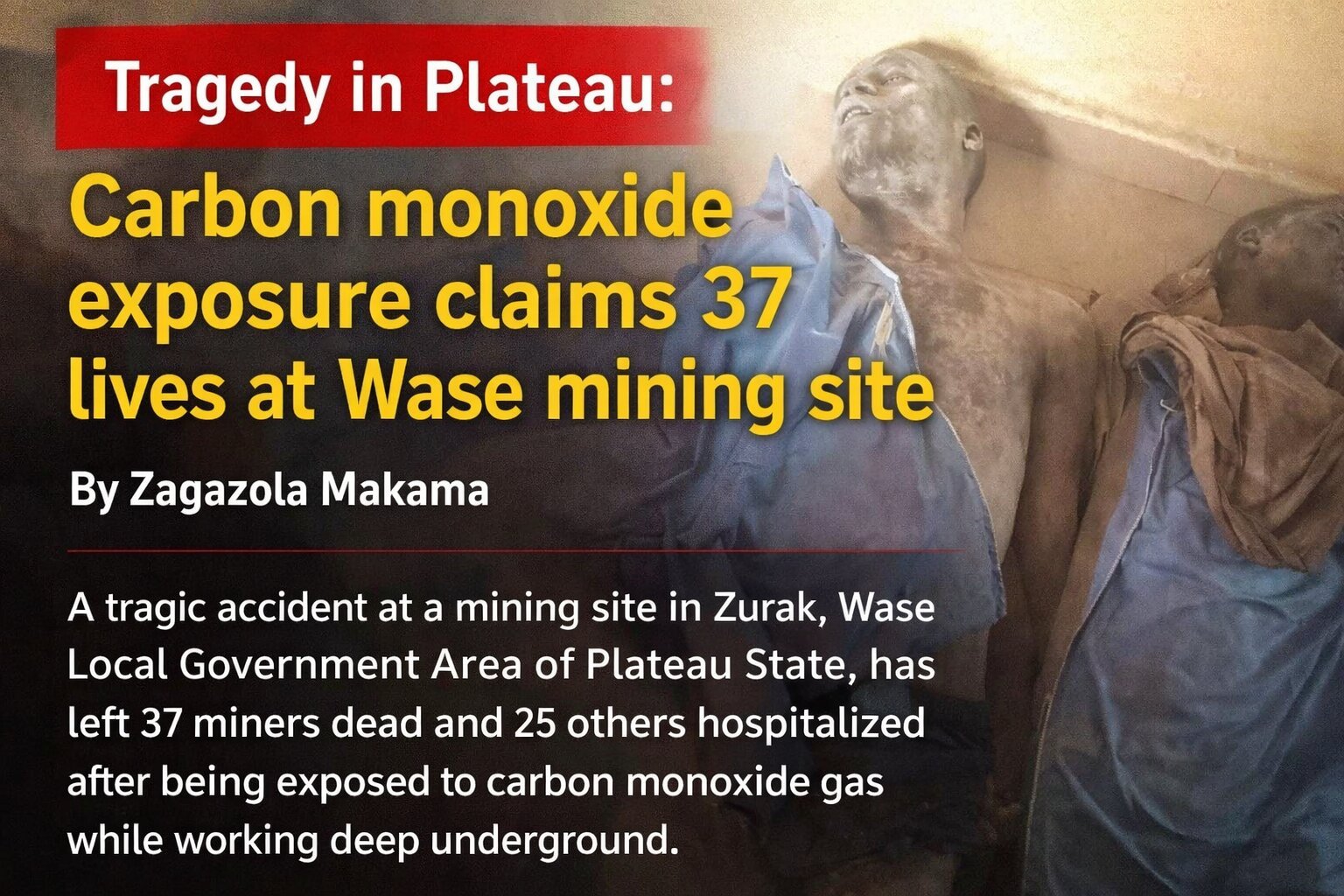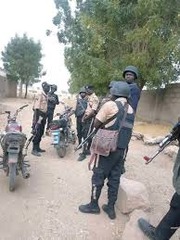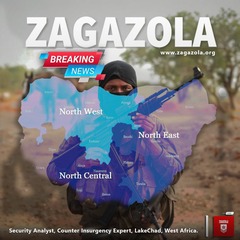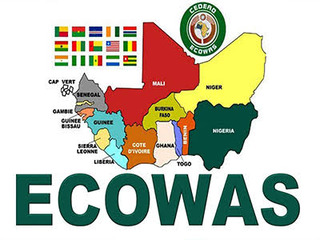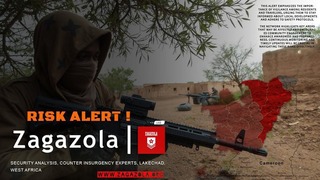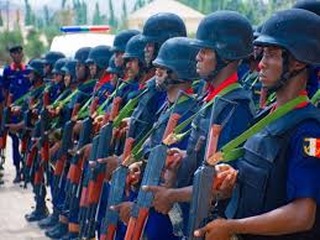The Path to Reconciliation: Ghana's Diplomatic Efforts to Reintegrate Niger, Mali, Burkina Faso back to ECOWAS
By: Zagazola Makama
In a diplomatic maneuver, Ghana has appointed Lt Col Larry Gbevlo-Lartey (rtd) as a special envoy to the Alliance of Sahel States (AES) in an effort to mediate the reintegration of Mali, Niger, and Burkina Faso into the Economic Community of West African States (ECOWAS). This appointment, made on January 21, 2025, reflects Ghana's commitment to fostering regional stability and addressing the ongoing security challenges that have plagued the Sahel region.
Despite Ghana's proactive approach, the AES formally exited ECOWAS on January 29, 2025, citing the bloc's perceived disregard for the security concerns of its member states and allegations of foreign influence. The departure of these nations has raised alarms about the potential for increased instability in West Africa, as the unity of ECOWAS is crucial for collective security against common threats.
Ghanaian officials remain optimistic about the possibility of the AES's return to ECOWAS, with Foreign Affairs Minister Samuel Okudzeto Ablakwa acknowledging the bloc's readiness to rejoin, albeit not as individual nations but as a consolidated entity. However, the AES has yet to make any formal comments regarding Ghana's mediation efforts, leaving many questions about the future of regional cooperation unanswered.
The ongoing instability in the Sahel has been characterized as the "Elephant in the Room," highlighting the urgent need for a unified response to the threats posed by extremist groups such as JNIM/AQIM and IS Sahel/ISIS. With the potential for these groups to launch attacks on capital cities in the AES countries, the urgency for diplomatic engagement cannot be overstated.
Ghana's initiative could pave the way for a renewed dialogue within ECOWAS, emphasizing the importance of regional solidarity in combating extremism. The activation of previous strategies, such as the Accra Initiative and the West Africa Standby Force, is crucial for addressing the deteriorating security situation. Nigeria, with its historical role in peacekeeping through ECOMOG, must also play a pivotal role in this process by enhancing civil and military diplomacy, intelligence sharing, and humanitarian support.
The AES's decision to seek alliances with distant powers like Russia and China may prove counterproductive in the long run. A collective approach with neighboring states, grounded in mutual support and cooperation, is essential for effectively addressing the extremist threats facing the region.
As Ghana leads the charge for reconciliation, the hope remains that the AES will recognize the benefits of rejoining ECOWAS, ultimately contributing to a more stable and secure West Africa. The path forward will require commitment and collaboration among all stakeholders, ensuring that the principles of unity and cooperation that underpin ECOWAS are upheld.

